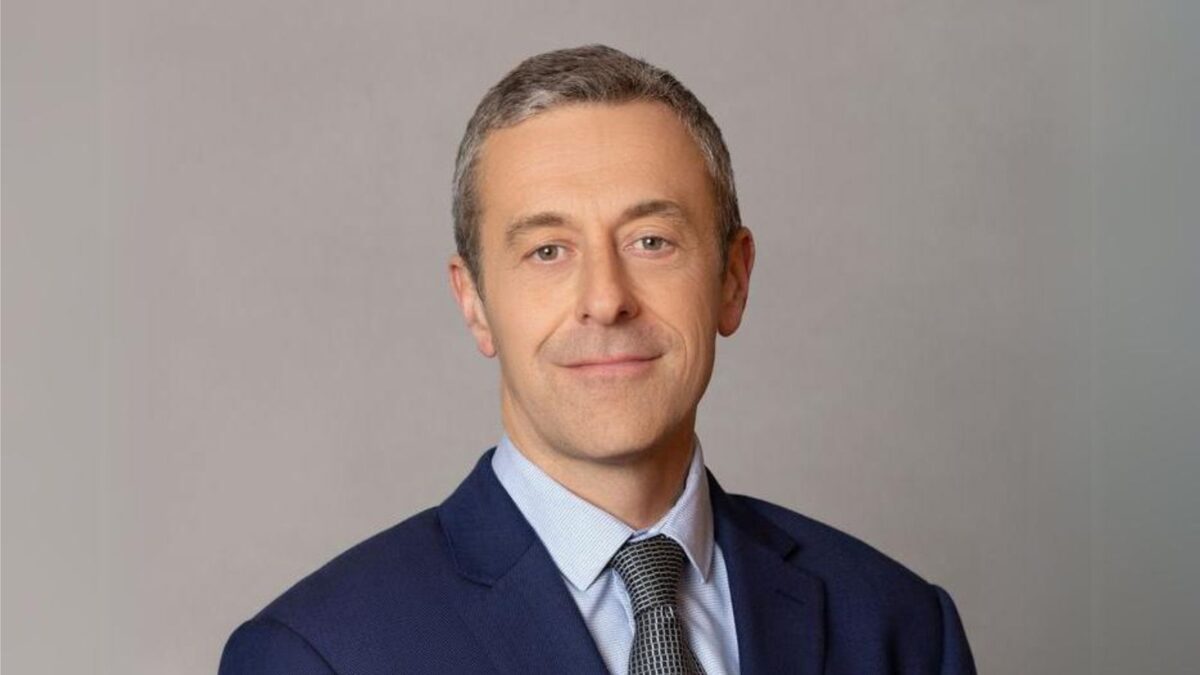NSZ touts internal teams, switches on AI manager
Outgoing NZS chief Matt Whineray says the sovereign wealth fund’s internal investment team now holds a larger sway over the sovereign wealth fund, which stood at more than $65 billion in assets under management at the June 30 reporting date. The in-house skills added 1.33 percent above the NZS passive reference portfolio over the last 10 years with ‘strategic tilting’ the stand-out performer to date.
“Beginning from a small team and an outsourced model, we have evolved to the point where more than half of our exposure and most of our active risk is managed in-house,” Whineray says in the report. “Our internally managed mandates performed well over the financial year, with strategic tilting and tactical credit being two of the largest contributors of value-add in 2022/23.”
Of particular interest in NSZ’ internalisation journey is the nature of one of its internal managers. A cross-organisational effort to create an AI-powered portfolio manager that would invest in local shares has produced a machine-learning strategy called Keorangi, which NSZ hopes is free of the human biases and narratives that can “colour the judgement of a traditional quantitative analyst”. After extensive back testing and paper trading, Keorangi went live last year.
“Given the small initial capital allocation and short period in which (Keorangi) has been operating, we are cautious about overstating results to date; however, they have been encouraging,” the report says. “The new manager’s quantitative approach is differentiated to our traditional multi-factor managers, providing diversification to our current active equity allocations while maintaining commercial viability.
“The new manager’s quantitative approach is differentiated to our traditional multi-factor managers, providing diversification to our current active equity allocations while maintaining commercial viability. These are qualities which support broader application if this strategy continues to generate alpha.”
In total, the fund runs about $2.25 billion in NZ equities, split about equally between an internal team (including passive and active styles) and two external managers: the Mint and Devon mandates stood at $712 million and $206 million respectively as at June 30.
Aside from the local shares robo-manager, the NZS awarded six new mandates during the financial year including two hedge strategies (Man AHL and Episteme), a couple of alternative real estate funds (APG Infrastructure and ESR Asian data centres) along with a pair of climate-focused unlisted portfolios (PIMCO and Wellington). The New York-based hedge fund, Two Sigma – appointed in 2020 – was the only manager chopped over the reporting period.
For the 12 months to June 30, the fund was up almost 11.9 per cent but fell just shy (-0.16 per cent or -$102 million) of its passive reference portfolio for the period. Over the almost 20 years to the end of June, however, the NZS remains 1.54 per cent ahead of the reference portfolio on an annualised basis, providing a significant after-tax benefit to the government’s bottom-line.
“Since inception, NZ Super Fund has received contributions of $24.9 billion from the Crown and added a gross value of $49.3 billion,” the report says. “As a result of this growth, NZ Super Fund has paid a total of $9.5 billion of tax back to the Crown, resulting in the net value added to the Crown of $39.8 billion.”
For the year ahead, NZS priorities include “reviewing our investment strategy and how the organisation best supports it to ensure scalability and a platform for growth for the future”. Meanwhile, the outgoing Whineray is set to end his more than 15-year stint at NZS, the last five as chief, in December.










